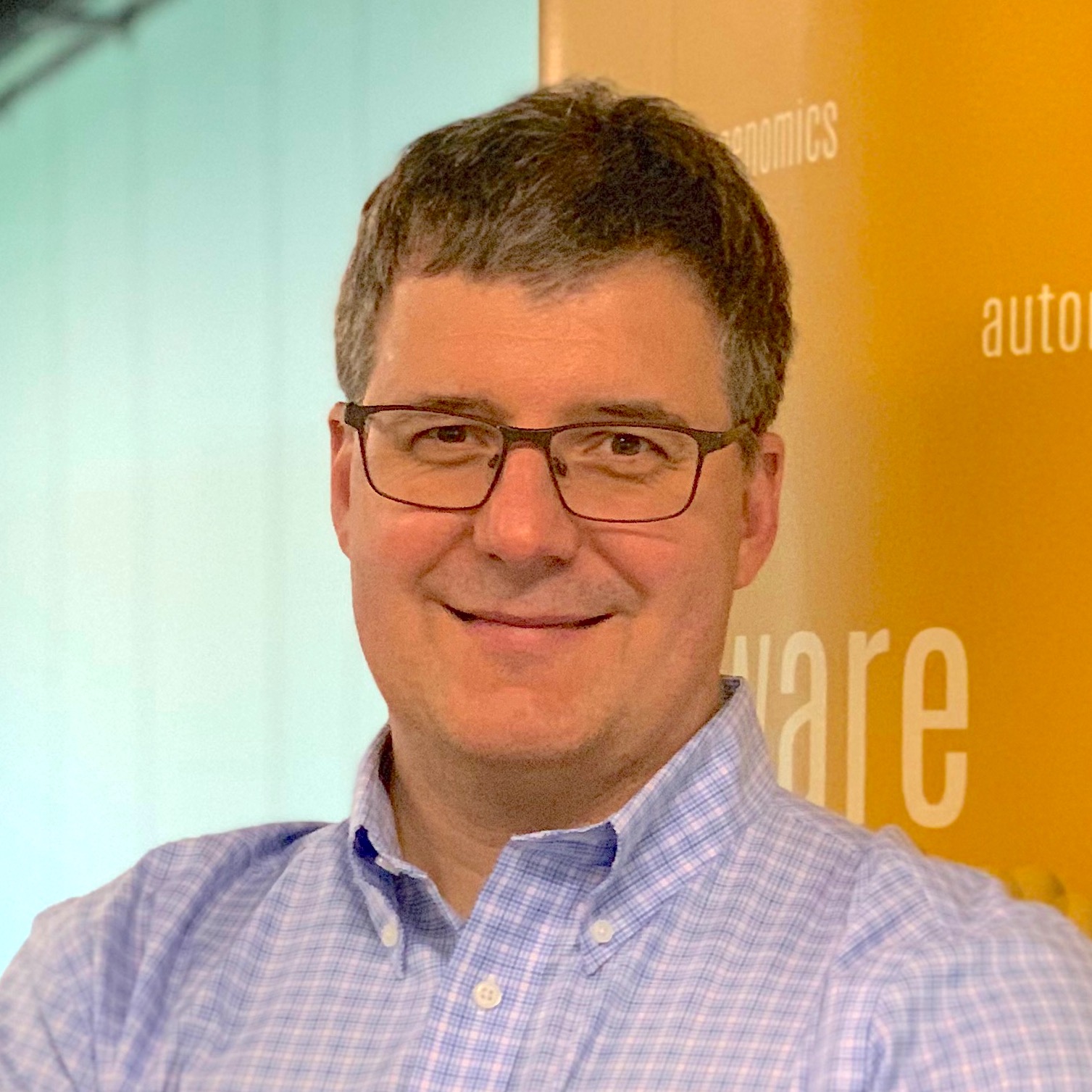Director's Message to UMIACS November '24
There’s lots to reflect upon as our fall semester is rapidly nearing its end—leaves are turning, a national election has left its imprint, and for those that choose to participate, the U.S. holiday of Thanksgiving is but a few weeks away.
Those are my thoughts, but others may have their own. I believe that diversity of thought—whether it involves science, politics, or personal and professional relationships—can only be beneficial if divergent sides make the effort to reach out and find common ground.
This might include looking outward and asking, “how can I be of service” instead of “what’s in it for me?”
Most, if not all, of our work in UMIACS is meant to help others. Good science begets a better society. And we certainly have good science in our institute.
An excellent example of our innovative research helping others—highlighted by Maryland Today and in this month’s newsletter—has an interesting backstory.
You’ve often heard me say we have the best tech support anywhere. This includes the ability of our technical staff—working closely with our business office—to spec out, order, install and maintain technology associated with large research proposals.
But rarely are technical staff co-PIs for the award itself. Such is not the case in the $10 million grant from the U.S. Department of Education that went to the College of Education, with our director of our computing facilities Derek Yarnell as a co-PI.
Derek has been collaborating with education faculty for several years now, developing a data analytic tool to tie together masses of confidential data—from medical test results to school performance records—administered by multiple stakeholders involved in the school-to-adulthood transition for young people with disabilities.
It is certainly a huge undertaking, with more than a dozen state agencies and Maryland’s 24 school districts involved—with most all of them running on different software and computing platforms.
The College of Education faculty specifically reached out to UMIACS, believing we were best suited to help with this complex and monumental task. We are. And the end result will be more than worth the effort.
Hopefully, when the technology UMIACS is developing is deployed late next year, it will greatly improve vocational and educational opportunities for young adults struggling with cognitive or physical disabilities.
In speaking with Derek, he told me he is proud to assist in this effort. Yes, the funding includes more than $1 million that directly goes to supporting Derek and his team, but the real reward is in knowing that our work can greatly impact people’s lives.
To me, and to many others within our research community, that is the true payoff.
—Mihai Pop, UMIACS Director

